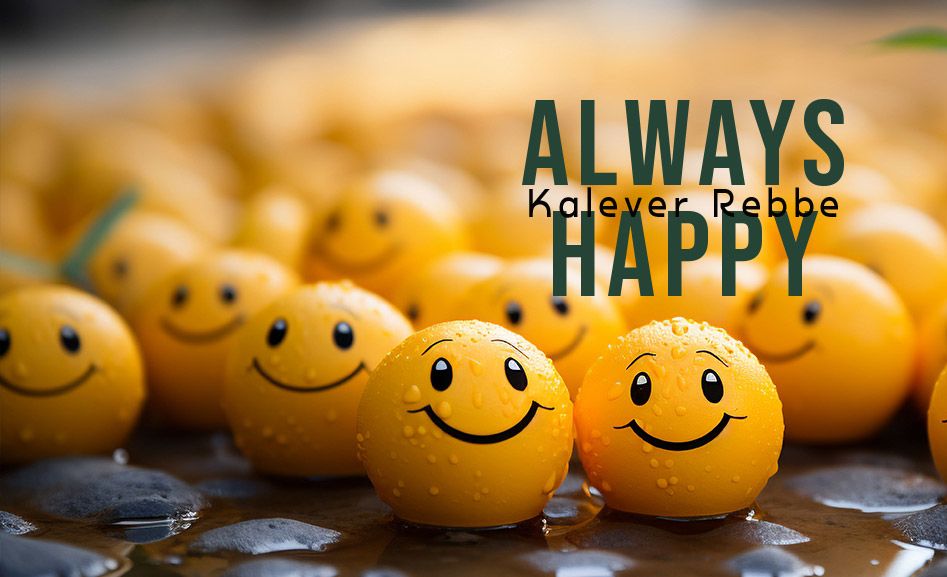
Inflated and Deflated
Many adults are trapped in a prisoner-like mindset and are unable to free their emotions enough to experience genuine happiness and inner peace…

I have to admit, I’m a good liar. No, actually, I’m a great liar. But not to others. If I try to lie to someone else, they can see my guilty smile from a mile away. Growing up, my mother had me convinced there was a flashing red light on top of my head that told her when I was trying to lie to her about something. Wow, was I gullible. I still am, but that’s not the point. No, I’m an expert at lying to myself. I’m so deep into a lie that I can’t distinguish where fantasy ends and reality begins. Am I the only one who spun my own web of lies and now I’m trapped in its sticky mess? Fortunately for me (and unfortunately for you), I’m not. What are these lies that we are so guilty of? Why do we insist on perpetuating them? Is there a way we can just STOP?
First of all, I’d like to clarify exactly what type of lie I’m referring to. It’s the kind that’s so subtle and consistent, it’s almost like a subliminal message. This lie is a constant voice in my head telling me, “You’re so great, you’re so amazing. Look at all that you do. Look at how great you are with others. You’re so generous. You’re practically perfect.” We all have some type of lie that we tell ourselves. I suffer from borderline “IES”, or “Inflated Ego Syndrome”, until some situation comes and pops my balloon and I come crashing down to earth.  Some of you may have the opposite, or what I like to call “DES”, or, yes you guessed it, “Deflated Ego Syndrome”, which is no less dangerous. In fact, it may be even more detrimental, because you run the risk of getting run over by others like me. DES people are bombarded with thoughts like, “You’re nothing. What are you even bothering for? Why can’t you do anything right?” Occasionally, there are those who suffer from a combination of IES and DES, the feelings of which might be compared to a giant yo-yo hurtling through space at warp speed. Hopefully, by the end of this article, all of us will have some clarity as to how to maintain a more balanced and peaceful existence.
Some of you may have the opposite, or what I like to call “DES”, or, yes you guessed it, “Deflated Ego Syndrome”, which is no less dangerous. In fact, it may be even more detrimental, because you run the risk of getting run over by others like me. DES people are bombarded with thoughts like, “You’re nothing. What are you even bothering for? Why can’t you do anything right?” Occasionally, there are those who suffer from a combination of IES and DES, the feelings of which might be compared to a giant yo-yo hurtling through space at warp speed. Hopefully, by the end of this article, all of us will have some clarity as to how to maintain a more balanced and peaceful existence.
Let’s first examine IES. What are typical symptoms of an IES sufferer? Well, we walk around about two feet off the ground, miraculously supported on our own hot air. We think we’re the greatest thing that ever graced the face of the earth, and everything we do is absolutely perfect. What is the cause of such a way of thinking? Usually, it’s a parent who is the culprit. The parent is their child’s best cheerleader, always reminding him of how perfect/smart/wonderful he is. Nothing and no one can ever be good enough for this child, at least according to his parent (mother). Obviously, this child is in for a major reality check as an adult, once he realizes not everyone is falling at his feet for every little thing. The hard thing is, by the time a person is an adult, he might realize he has IES, but he doesn’t know how to reverse his lifetime of training. You may ask, “What’s the big deal if a person has an ego? Isn’t it healthy to have self-confidence?” Well, you’re partially right. It is healthy to be confident, but it is not healthy to have an ego. The difference is that self-confidence leaves room for others to share in your accomplishments, and ego makes a person want all the credit for himself. Guess what, IES people- as Rabbi Lazer Brody says, “It’s not your doing.” Your sharp mind, your witty sense of humor, your success, your everything good is only a result of Hashem’s loving-kindness. Nothing that you claim to be your accomplishment is yours to claim. Everything you have is only because your Merciful Father has decided to give it to you. And you know what else? We IES people don’t deserve anything we get. Every blessing is beyond the most merciful and generous act from The Creator to us, that we can’t even begin to fathom how much so. So come back down to earth, people (myself included ). Give Hashem credit for your actions and you won’t believe how much more successful/great/wonderful you’ll become.
Moving on to DES sufferers. Don’t worry, I’ll tone it down a bit for you. Rav Shalom Arush claims that most of our generation suffers from self-persecution. DES people are constantly bombarded by thoughts such as, “Why did I do that? I can’t believe what a mess I made. Why can’t I just get something right? How does anyone bother with me?” Sadly, many of these people were raised by parents who didn’t exactly boost their self-confidence. As a result, many of these adults are trapped in this prisoner-like mindset and are unable to free their emotions enough to experience genuine happiness and inner peace.
We may think that DES people could use a good dose of ego, but actually, they already have plenty of it. This is actually ego disguised as so-called humility. Why is it ego? It’s ego because these people are not appreciating the millions and billions of gifts they get from their Loving Father each day. They ignore the blessings that they are surrounded with; instead they have decided in their subconscious minds that Hashem must have made a mistake. Clearly He chose the wrong recipient for all of these fantastic blessings. Or, they choose to feel sorry for themselves and focus on what is lacking in their lives, especially within themselves. What blessings am I referring to? I’m talking about everyday blessings that all of us take for granted, not just DES people. Our heartbeats, our breathing, our bodies that function without any conscious assistance or directives from us, our homes that protect us, our families, etc, etc.. Do I really need to continue? The “humility” is actually ego because there is a severe shortage in appreciation!
Don’t despair, however. The amazing thing is, both of these disorders are fixable with the same solution. Don’t beat yourself up, because we all fall into one or both of these categories. Hashem made us like that on purpose. Rav Arush explains that within the problem, one can find the solution. Hashem wanted us to be this way so we can come to Him for help. We are not supposed to fix this on our own, nor would it even be possible. The Rambam describes the Thirteen Principles of Emuna, which are the key to a happy life. Within the first principle lies the solution: God did, does, and will do everything. There is no other creator but Him. Nothing can happen in your life without His Divine Will. How can we practically use this information to help us? It’s simple, really. For IES people: Just take a step back and thank Hashem for all of your accomplishments and blessings. Realize that you would be nothing without Him. Ask Him to continue to expand your awareness of how He is intimately involved in all areas of your life. Think of God as your behind-the-scenes partner, like in the Bette Midler song, “The Wind Beneath My Wings.” For DES people: Thank Hashem for all of your blessings- the ones that you can identify and the ones you don’t see. It is also extremely beneficial to list each blessing individually, says Rav Arush. This creates genuine appreciation for everything in your life. As soon as you catch yourself dwelling on the negative, thank Hashem for something, anything. Just get yourself out of that mind-frame.
The beauty of these mental handicaps is that they are what make us human. If we were perfect, we would have no reason to be here. Imagine not ever having met your spouse or your children or your dearest friend. Can you even fathom what you would be missing if you were never born? So thank Hashem for the IES and the DES- they are your tools to create a closeness with God that will give you the greatest feeling of inner peace and contentment. As Rav Arush explains, these deficiencies are precisely what will bring you closer to The Creator. If everything were perfect, would we ever search for something beyond? Would we ever really yearn for answers, for understanding? No, we wouldn’t. We would just continue to live our lives robotically, never questioning what we are doing here in the first place.
I find that repetition is the best way to facilitate any type of real and permanent change in my life. If you are an IES person, I highly recommend Rabbi Lazer Brody’s CD, “This is My Doing.” Trust me, this is exactly what you need to hear. If you are DES person, please listen Rabbi Brody’s CD entitled, “Hashem Loves Me.” This will help you to see how truly special and loved you are.











Tell us what you think!
Thank you for your comment!
It will be published after approval by the Editor.